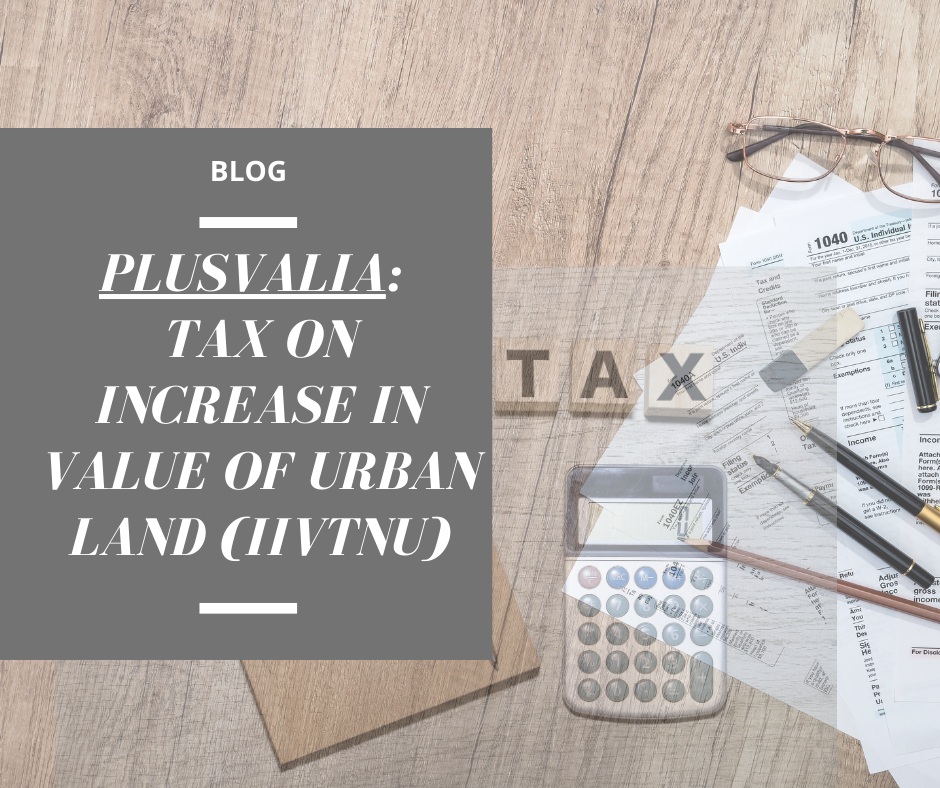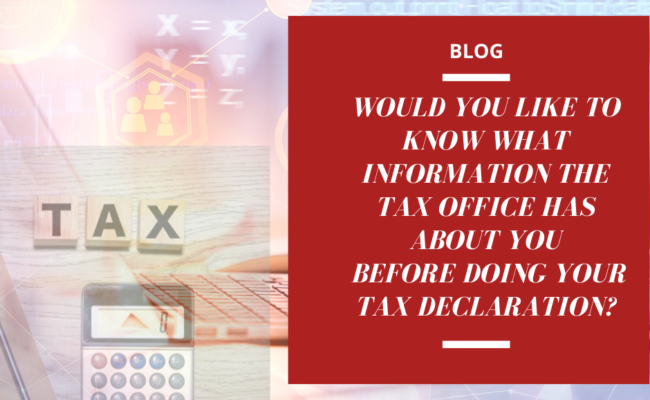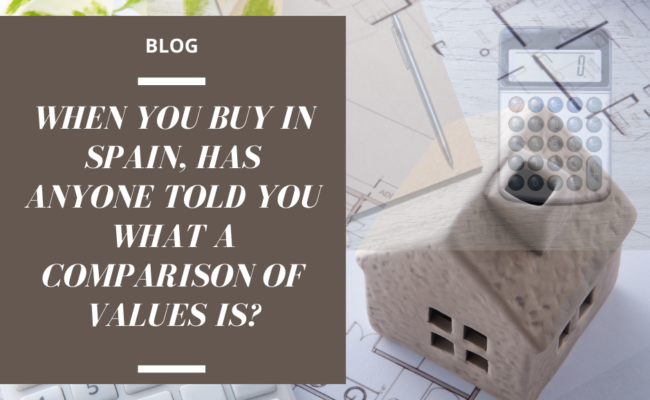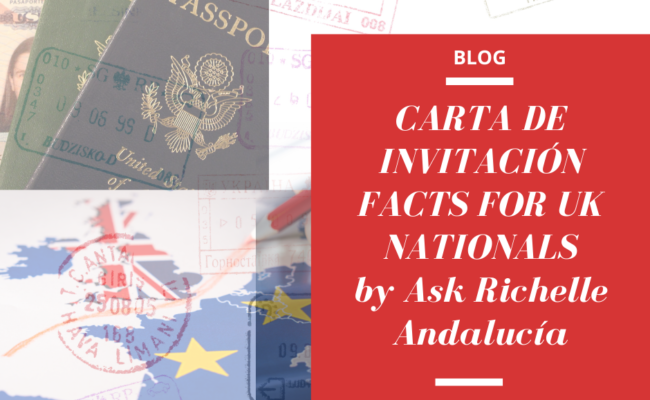Have you ever heard “PLUSVALIA” when buying or selling a property in Spain?
This tax is a tax that is very often confused by everyone. It is usually called “MUNICIPAL PLUSVALIA”. And people often confuse the word ‘PLUSVALIA’ with EQUITY GAIN (capital gains) that is produced or generated in one’s INCOME.

“This tax is a tax that must be paid into the corresponding Town Hall, and must be paid within 30 working days from the day the transfer occurs”
Therefore, although they practically deal with the same thing (the profit that is produced by the sale of a property), they have nothing to do with each other, neither in the way they calculated nor in the management of the tax.
One thing that they do have in common is that they occur every time a PROPERTY TRANSFER is done (either by sale, inheritance or even donation).
The person who sells the property is responsible for paying this tax.
This tax is a tax that must be paid into the corresponding Town Hall, and must be paid within 30 working days from the day the transfer occurs. However, when said transfer is due to inheritance, the deadline for payment is extended to 6 months.
Once you have the corresponding deeds, the usual procedure is to take them to the Town Hall or send them by electronic transfer, and they will send you the document so that you can proceed with the payment.

ATTENTION 1. Your obligation is to request the payment document within the periods I have mentioned, but once requested there will be many municipalities that take much longer than 30 days to issue the payment document.
Do not worry, because in these cases they will not make you pay any type of interest or surcharge, because the late payment has been caused by their delay, not yours. I insist, that you make sure that you send the deeds within the two deadlines that I have already mentioned.
For its calculation, the CATASTRAL VALUE OF THE LAND is used, this information is detailed in your IBI property tax bill (which we will now explain).
The calculation of the tax is a difficult operation to carry out if you are not a professional, as a multitude of different factors come into play that affect the calculation.
The most important thing to keep in mind is that the more years that pass between the moment you bought it and the moment it is transferred, the more tax you pay.
I recommend that you use a professional for this, and above all before the sale is carried out ask the professional you are using to calculate the amount you have to pay, it may well affect the figure you are able to accept for the property you are selling.
ATTENTION 2
Recently, several rulings have been passed in the Spanish High Courts, in which they state that these taxes must only be levied if there has really been an increase in value in the property, starting from the date it was purchased to the date it is being sold.
This doesn’t mean that you don’t have to take any action. When this situation arises, a series of different steps have to be taken with a view to reaching an outcome in which you don’t have to pay this tax.
Once again, as this is not an easy matter to resolve, I advise you to consult a professional who is an expert in this field.
FINAL CONCLUSION
Summary: The seller pays this tax and usually, once filed, it ends up that there is tax to be paid. Every time there is a sale, this process has to be carried out.
Remember our MISSION STATEMENT: WE GUARANTEE YOU PEACE OF MIND & THESE AREN’T JUST WORDS
PS. Are you going to sell a property and would like to know, in detail, all of the possible expenses and taxes involved? Contact us.










